Galesburg man could get anyone on White House line for Nixon, from astronauts to Kissinger
- Oops!Something went wrong.Please try again later.
- Oops!Something went wrong.Please try again later.
- Oops!Something went wrong.Please try again later.
Mike Ebbing and Richard Nixon never met face to face, but the Galesburg native and the 37th president of the United States were plenty familiar with each other's telephone voices.
A 1965 Galesburg High School graduate, Ebbing served with the White House Communications Agency from 1970-72 where he was stationed as a White House switchboard operator at the Camp David Presidential Retreat. During that time, Ebbing handled hundreds of historic telephone calls with President Richard Nixon.
In the final part of a 2-part interview, Ebbing remembers some of the calls he placed for Nixon, including to Secretary of State Henry Kissinger, Ohio State football coach Woody Hayes, and the Apollo 15 astronauts. Ebbing also reflects on how Nixon's personality changed as the Watergate scandal unfolded in the White House.
From Galesburg to the White House: How Mike Ebbing traveled the world with Richard Nixon\
Did President Nixon's demeanor change as Watergate began to unfold?
During my first several months at Camp David, Nixon was always a true gentleman … very personable and polite when speaking to us at the switchboard.
His senior staff members were quite the opposite, often very terse and demanding. Nixon would pick up his telephone.
“Yes, Mr. President,” we would say at the switchboard.
“Operator, would you get me Mr. Haldeman, please?”
Always dignified and polite. Later in mid-1972 (with Watergate starting to boil, the Vietnam War continuing and the stress of the 1972 election), I noticed a definite change in his pleasant and polite telephone manners.
“Yes, Mr. President.”
All he would say was “Haldeman” and hang up.
No greeting to the operator and no please. I believe, even though his re-election was all but a formality, the surrounding pressures were beginning to take their toll. Things seemed to take a turn for the better when I left the White House in November 1972, with Nixon and his administration on a definite upswing.
He won the election by a landslide; peace in Vietnam looked to be imminent; and Watergate was seemingly forgotten or buried on back pages of the nation’s top newspapers. I was proud and feeling good about the years I had served in the Nixon White House.
More: 10 Questions with Galesburg native and Washington Post reporter Silvia Foster-Frau
I never met the President face-to-face, but probably handled well over 100 of his telephone calls from the Camp David switchboard, which was located underground in a fake water tower.
On presidential trips, the switchboard was usually situated in a remote, secure and secret location, far removed from where the President would be appearing.
What were some of your most memorable phone calls that you handled?
Shortly after arriving at Camp David, I handled my very first call with one of Nixon’s top aides (Kissinger). Just after Marine One (Nixon’s helicopter) landed at Camp David, Dr. Kissinger called the switchboard. He has a very heavy German accent and is often hard (if not impossible) to understand.
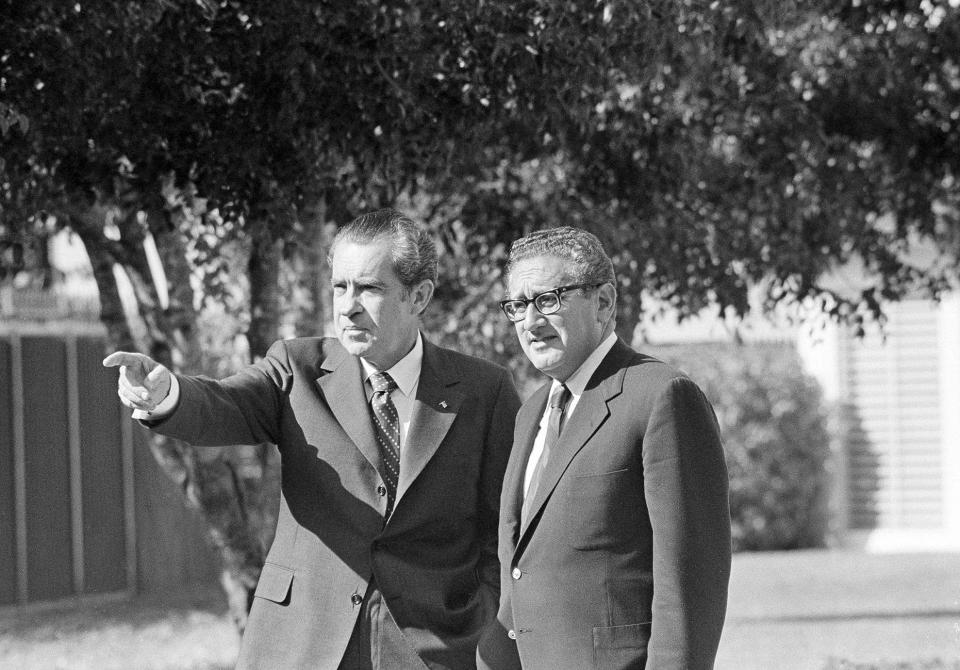
I knew he was requesting something, but really had no idea, so I said, “Pardon me, Sir?”
He repeated his request, and I recognized some dialog that resembled “shaving crème.”
Too embarrassed to ask him again, I said, “Thank you, Sir!”
So, now, what does this “rookie” do?
His girlfriend (later to become his wife), Nancy Maginnes, was staying in a nearby cabin. I quickly decided to call her for help. She was very cordial and told me that he might be referring to brushless shaving crème, since that is his preference.
I thanked her and immediately called the Navy steward on duty, told him to deliver the shaving crème to Dr. Kissinger’s cabin and let me know when delivery was completed. The steward called me, and I waited nervously for another call from Dr. Kissinger. No call, and I breathed a sigh of relief! Mission accomplished!
More: Galesburg native Johanna Maska sees world with President Obama
Nixon called to congratulate Ohio State's Woody Hayes
Nixon spent many afternoons watching college and pro football from his cabin at Aspen. One November, he was taking in the big game between Michigan and Ohio State with the winner going to the Rose Bowl.
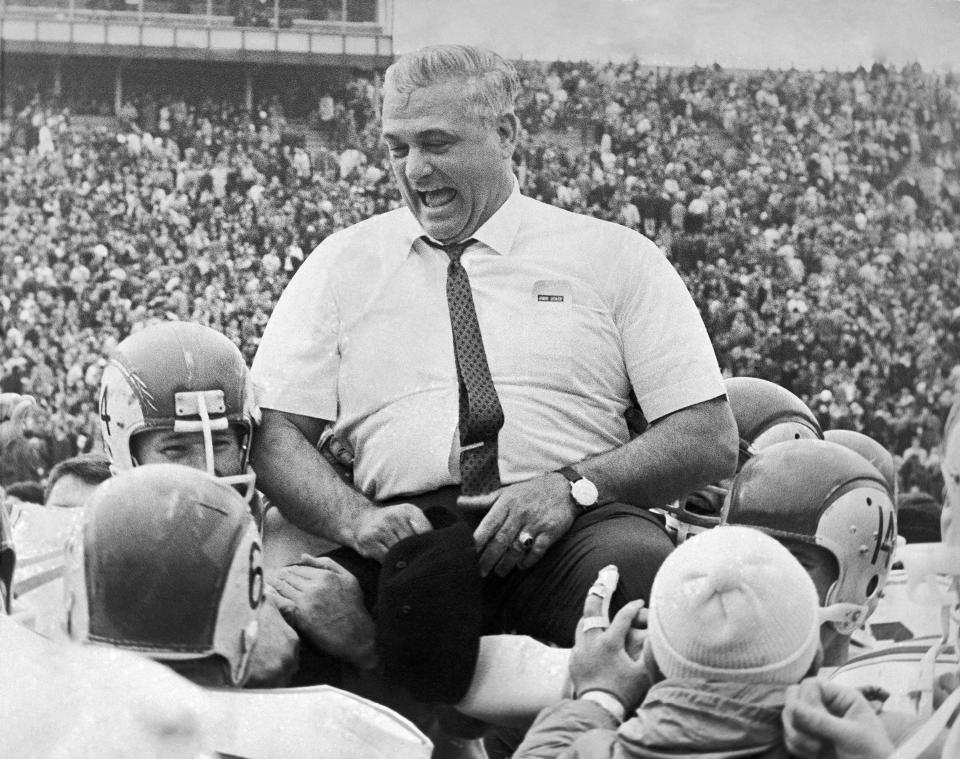
We had the game on a small TV in our switchboard room. WHCA operators always took pride in trying to anticipate a presidential phone request and being able to contact the party shortly after his request.
I was on the board that afternoon and figured he would likely call the winning coach (either Ohio State’s Woody Hayes or Michigan’s Bo Schembechler). I called information to get numbers for pay phones nearest to each locker room. Sure enough, after the Ohio State victory, the blinking red light came on the switchboard.
“Yes, please,” I answered.
Nixon: “Operator, would you get me Coach Woody Hayes, please?”
Me: “Thank you, Mr. President.”
I called the phone near the Ohio State locker room, and I believe one of the trainers answered.
Me: “This is the White House. I have President Nixon calling for Coach Hayes.”
A nervous voice on the other end replied, “Oh, yes sir. He’s doing media interviews, but I will get him to the phone shortly.”
Me: “Fine.”
A couple minutes later, I believe the trainer thought I was the president.
He said, “Coach Hayes will be with you shortly, Sir.”
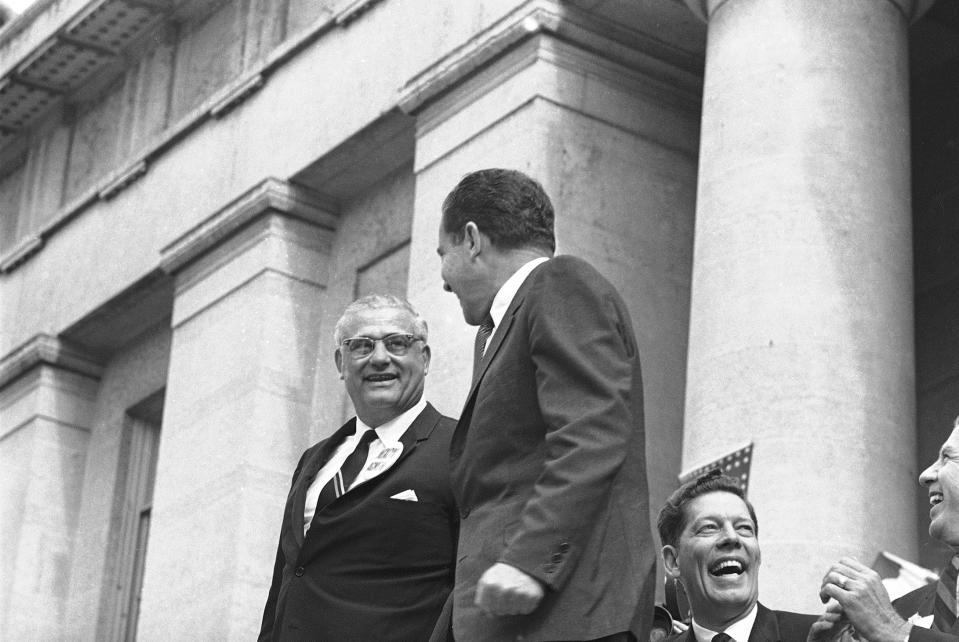
Again, dropping my voice a bit lower, I responded, “Fine.”
Next thing I heard was a very excited Woody Hayes say, “Hello!”
I dropped my voice into my best-ever Nixon impression and said, “Coach Hayes?” Woody responded, “Yes, Mr. President!”
Me: “One moment for the president.”
Using another switchboard cord, I rang Nixon and said, “Sir, I have Coach Hayes for you now.”
The President responded: “Fine.”
I connected the two and announced “Go ahead please!” It took me awhile to come off that cloud!
Nixon spoke to three Apollo 15 astronauts night before launch
I was caught by surprise early one evening when Nixon called with this request: “Operator, I would like to talk to the three astronauts at Cape Kennedy. And, I want to talk with each one individually if that’s possible.” Me: “Thank you, Mr. President.”
I quickly contacted the White House Admin Board in Washington, DC. Those gifted women have contact numbers for nearly anyone in the world. Within minutes I was put in touch with the three astronauts at their Florida training facility (they would blast off on a 12-day moon mission the next morning). I did sound checks with all three before connecting them with the president.
Ironically, the next morning, an article appeared in the Washington Post about Nixon’s call bidding the astronauts “Godspeed” on the eve of their mission. The article noted that the president was the last non-NASA person to speak to the astronauts before blast-off. I have that clip in my scrapbook and tell people, “No, Nixon was NOT the last one to talk to them. I was.”
Forced to lie to media about Tricia Nixon's honeymoon location
The White House wedding of Nixon’s daughter, Tricia, to Ed Cox stole most of the D.C. society pages in the summer of 1971. The question of the day was: Where would the couple be honeymooning?
Odds-on choice was the Florida White House at Key Biscayne with the Bahamas a short boat ride away. The honeymooners threw the media a major curve with a last-minute secret choice to spend two weeks at Camp David.
Our switchboard operators were strictly mandated to answer any inquiries from social news media in the following manner: “No, Tricia and Ed are NOT at Camp David.”
With my newspaper background, this was particularly troubling for me to actually lie to the media. Was this cover-up a precursor for Watergate? I later referred to the caper as “Tricia-Gate.”
For two weeks, I had almost daily contact with the honeymoon couple. They had the entire camp and all its amenities to themselves. Ed was a Navy man, but not exceptionally popular with the Camp’s Navy staff. During the couple’s courtship, Ed would bring huge duffel bags of laundry with him for the Navy staff.
Tricia loved to play games like hide-and-seek. She would call me at the switchboard and tell me which cabin she was in (just in case her father or mother might call her from the White House). “But,” she cautioned. “If Eddie calls you and asks where I am, tell him you don’t know.”
Yup. It was Tricia-Gate for sure. I have chatted numerous times with Chris Cox, Tricia’s and Ed’s son (Nixon’s grandson) at recent events at the Nixon Library.
I have told him many of these early stories. He thanked me for uncovering stories about his parents he would have never known.
Recognized voice of Press Secretary Ron Zeigler in late night call
“Is This the Western White House switchboard?” I was asked this question a couple times (well after midnight) by Ron Zeigler, Nixon’s press secretary.
The White House staff worked extremely hard at the Western White House, but when Nixon retired for the evening (usually around 9 p.m.), the staff was also known to party pretty hard. A favorite “watering hole” was Swallows Inn in San Juan Capistrano.
I often wondered why there wasn’t a direct “drop” off our board to Swallows. The midnight shift was usually busy until about 2 a.m. We had special calling cards for White House staff with direct dial-in numbers. Most staff had direct “drops” in their hotel rooms, but always carried the calling cards for remote locations. Probably around 1 a.m., I received a call from one of the dial-in numbers.
I answered as usual: “Western White House.”
The caller, with heavy background noise, asked “Is this the Western White House switchboard?”
Me: “Yes, it is.”
He repeated: “Is this the Western White House switchboard?”
Me: “Yes, it is, Mr. Zeigler!”
The press secretary then stated: “But, how did you know it was me.”
Me: “Sir, I recognized your voice.”
He said, “You guys are fantastic. Do I have any messages?”
Woke White House staff up to news of Munich Olympic shootings
It was all quiet on the western front during one of my midnight shifts in September 1972, until all heck broke loose around 5 a.m. California time. The board lit up like a Christmas tree.
I must have had 10 calls going on at once.
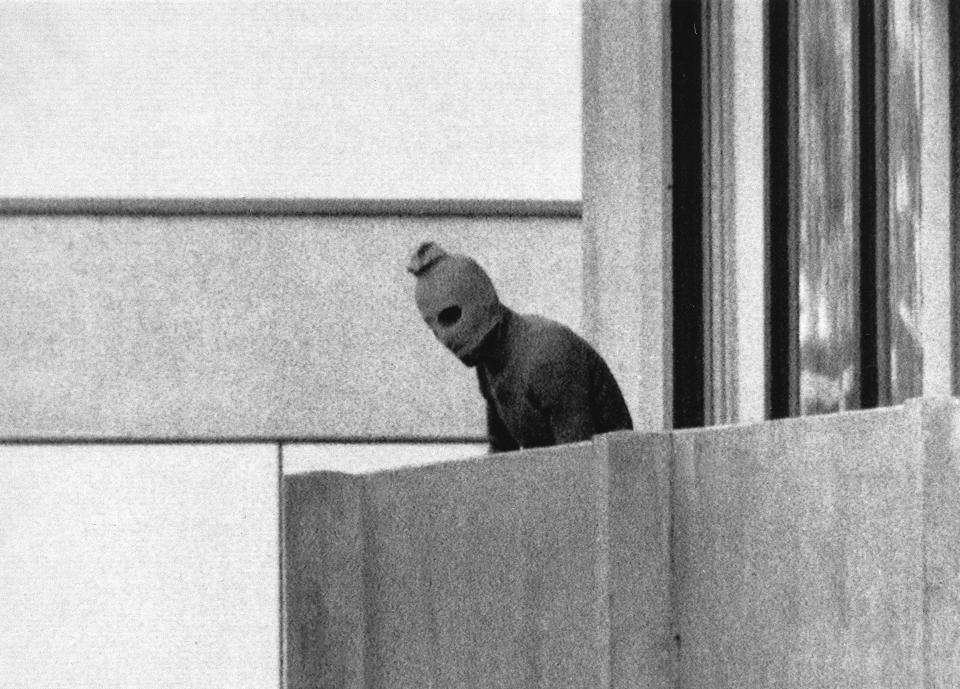
As soon as calls were completed, 10 more followed. Many were from two long-haul trunk circuits routed directly back to the White House in Washington, DC. By 8 a.m., when my dayside relief arrived, I had awakened nearly every top White House staff member at the Western White House. When the day shift entered the room, they were in awe at the number of active calls.
I said, “Boy, am I glad to see you. It’s been like this for three hours. I don’t know what’s happening, but it’s something big. The boss (Nixon) is still asleep.” On the way back to my nearby motel, I heard breaking news that several Israeli athletes had been shot at the Summer Olympics in Munich.
As I pulled into the motel parking lot, I heard: “Here is the official statement on the shootings from President Nixon at the Western White House.” Well, I knew Nixon had nothing to do with that statement. It came from Ziegler and Nixon’s top aides. To this day, I will never forget that tragic and his historic morning in September when my job was to wake up the Western White House.
Diane Sawyer chatty on late night call
Diane Sawyer, who later became one of the most recognized and respected women in network broadcast journalism, was the only top White House staffer to address me by my first name. White House operators were members of the U.S. Army.
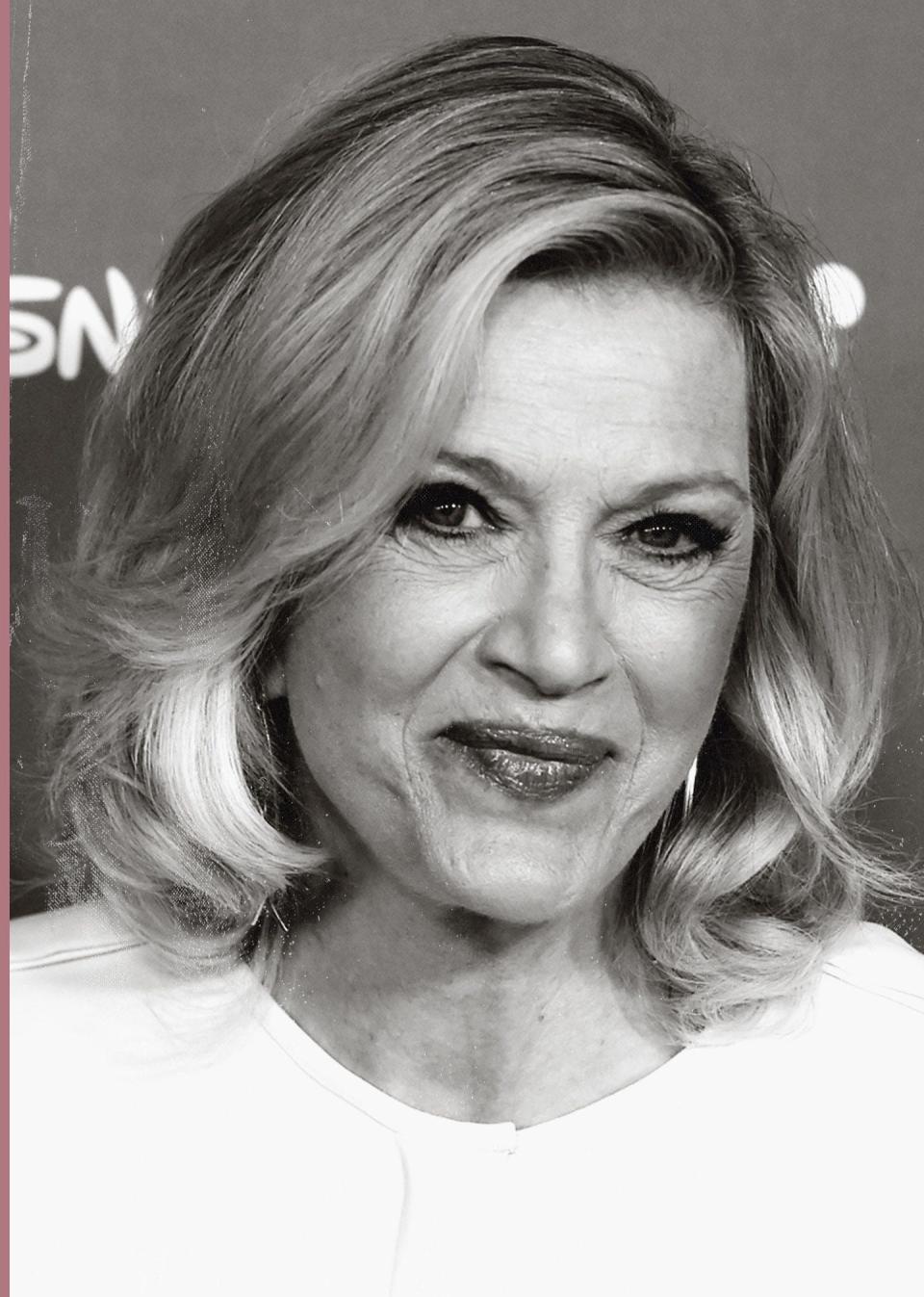
Our duty was to serve communications’ needs of the president and his top staff. Casual conversion with White House staffers was strictly forbidden. That all changed on one of my trips to New York City.
Our board was located at a hotel near Times Square where the advance staff was also housed. The president would be at the Waldorf-Astoria on his arrival a few days later. Diane Sawyer was a recent hire in the White House Press Office and part of the Nixon advance team.
She had a direct line off our board to her hotel room. I was on the midnight shift and answered a call from her around 12:30 a.m. She asked about any messages and suddenly became very “chatty,” something that rarely, if ever, happens on the White House switchboard.
She asked my name, background and how I got into WHCA. It turned out we were both in our early 20s and had journalism backgrounds before serving in the White House.
I believe we talked about 20 minutes. Finally, she said, “Mike, are you working tomorrow night? I will call you at the same time, and we can chat some more.” I said, “Yes, Miss Sawyer. I am the only operator on the midnight shift. So, I will be here.” She called at the same time the next morning, and we continued our “Pillow Talk.”
Student demonstrators vomit in shrubbery
Probably 80% of my Nixon calls were to H.R. (Bob) Haldeman, his top aide and chief of staff. Many were prior to installation of the tape-recording system. One call that was recorded came late summer of 1972, and I played the White House taped conversation between Nixon and Haldeman in its entirety.
Nixon was advising Haldeman of student demonstrators at a rules committee meeting at the Capitol Building.
When the demonstrators couldn’t gain access inside the building, they vomited on the surrounding shrubbery.
Haldeman then asks Nixon, “How’d they do that?”
Nixon responds, “Well, you know, they vomited. They put something in their mouth that made them vomit.”
When you consider all that was happening during that timeframe (Vietnam War, student protests, upcoming reelection, Watergate, feedback on recent trips to China and Russia, etc.), it seems ironic that I handled a phone call in which Nixon explains to Haldeman the art of vomiting.
Your assignment with WHCA lasted from 1970-72. Could you have stayed longer?
I certainly cherished the two-plus years with the White House, although it was still technically a military (U.S. Army) assignment. I was reasonably certain I wanted to return to my previous position as a sportswriter in Davenport, Iowa.
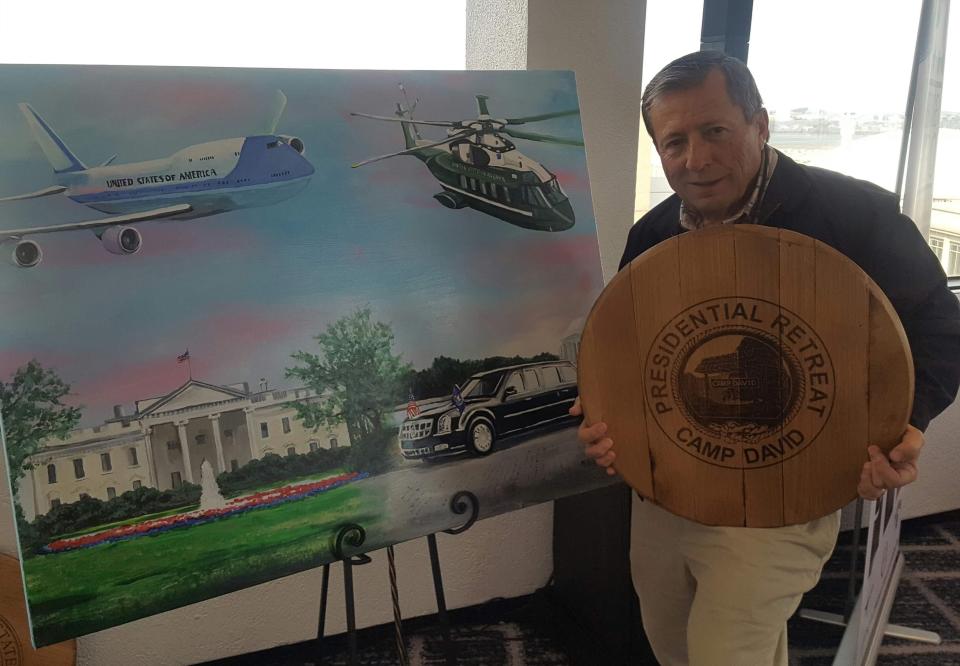
My senior officer at Camp David offered a pretty convincing argument for me to reenlist and extend my military career. Despite his pleas, I applied for an “early-out” so I could return to the sportswriting job in Iowa, and my wife and I could start planning a family. My request for an early-out was denied since it was uncertain as to how much campaigning Nixon would do before the November election.
It turned out he had a sizeable lead in his re-election bid, and Watergate seemed to be relegated to the back pages (if mentioned at all) in the news media. I was finally granted an early-out (by about two months) on my second request … just a few days after Nixon was re-elected President by a landslide.
When the Watergate scandal began to unfold, were you surprised?
Two significant events happened within a month of each other in 1972 during my duty as a switchboard operator at Camp David. In May, the secret White House recording devices were installed on two telephones in the Presidential Cabin at Camp David.
It is likely that only the top two WHCA officers at Camp David had any knowledge of the taping system. I certainly didn’t know until it was brought to light long after I departed (in the Watergate hearings).
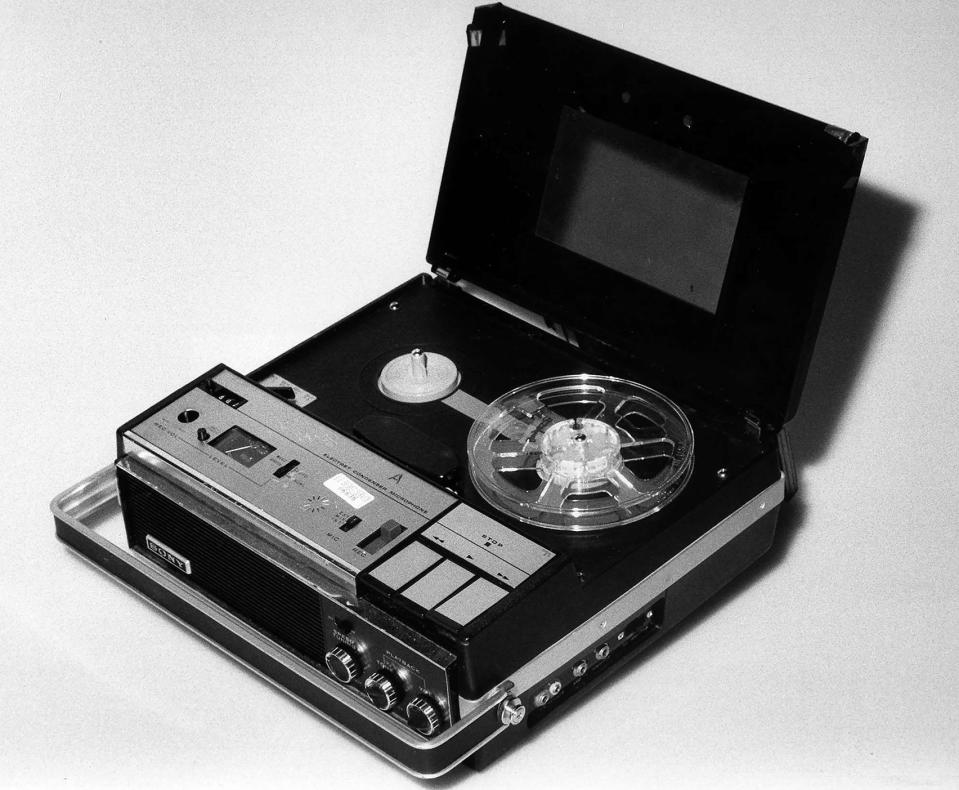
I did notice a change in policy after May 1972 when the president visited Camp David. The Technical Security Division of the Secret Service started performing what we considered phone checks on two of the president’s phones at Aspen (his cabin).
After I departed, I learned that TSD agents were troubleshooting the recording devices on these phones. Since Nixon was not very technically savvy, the devices were voice-activated and recordings began as soon as he picked up one of the phones, meaning the first voice heard was that of the Camp David operator. It also meant that my voice was preserved forever some 50 years later on the White House tape recordings, giving me a special piece of history in the Nixon White House.
On the switchboard when Watergate break-in news surfaced
The other significant event during this timeframe came a month later… the break-in of the Democratic Campaign Headquarters at the Watergate Hotel, later simply referred to as Watergate. When news of the break-in unfolded, I was working the Camp David switchboard, and Nixon was notified at his Florida White House in Key Biscayne.
I was a firm believer, like many others, that Nixon had no advance knowledge of Watergate. I was very surprised when I heard about the break-in.
Nixon did very little campaigning during that time, since his lead in the polls was firmly established. There was absolutely no reason to jeopardize his position and integrity with anything resembling an intrusion of Democratic campaign headquarters.
The Washington Post, which at best had a strained relationship with Nixon, was relentless in digging up as much background information to implicate the President in the break-in.

For a couple more months prior to the November reelection, however, the country rallied around Nixon. Watergate nearly disappeared from the Post, and the nation’s major newspapers and broadcast media. Every week or so, you may have seen a small story deep inside the pages of the Post.
As the reelection neared, Nixon had already accomplished two major coups with his historic trips to China and Russia. The Vietnam War also seemed to be winding down, and Nixon had established an overwhelming lead in nearly all the political polls.
When I left the Nixon White House just days after the landslide reelection, Nixon’s popularity was at its highest, and I felt particularly proud of my two-plus years of service to the president. All this optimism quickly changed direction in early 1973 as I turned in my White House credentials for my press badge at the Quad-City Times.
This article originally appeared on Galesburg Register-Mail: White House operator from Illinois connected Richard Nixon to anyone
